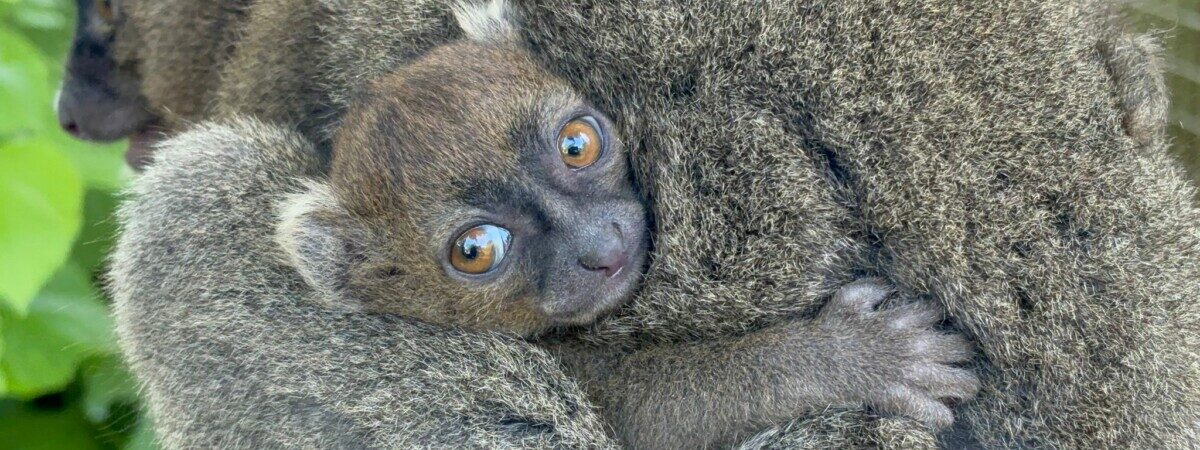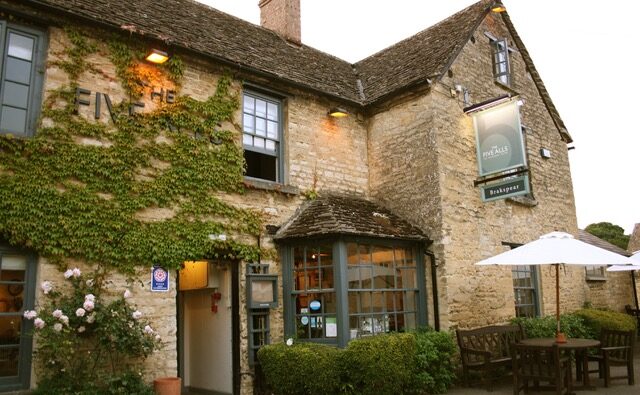Nestled in the scenic Cotswolds, Cotswold Wildlife Park is a gem for both animal lovers and families seeking a day of adventure. My recent visit revealed a plethora of engaging experiences, but the highlight was undoubtedly the extraordinary breeding success of the Greater Bamboo Lemur, a species classified as “Critically Endangered” by the IUCN.
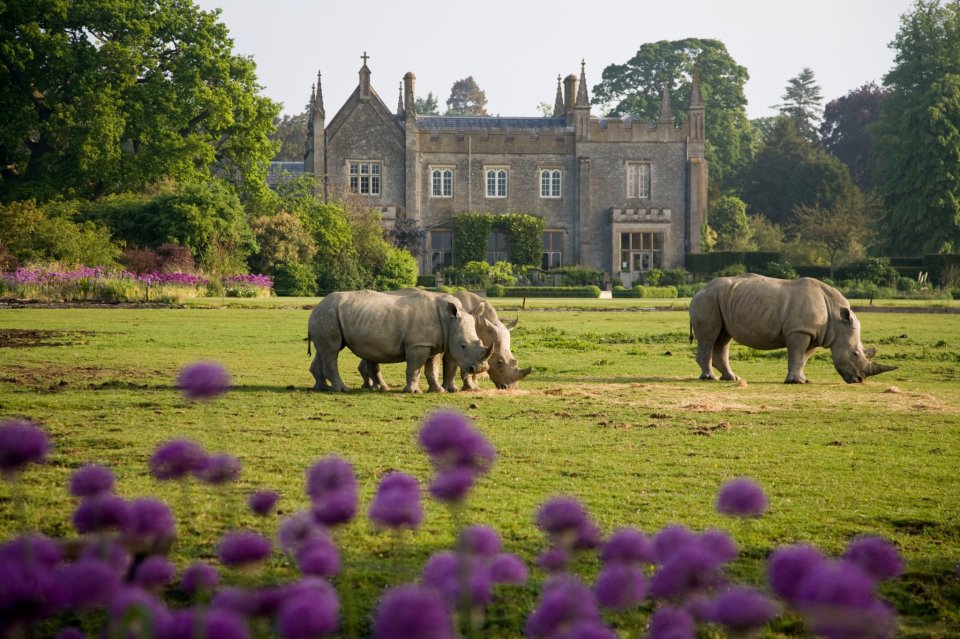
As I entered the park, I was greeted by the sounds of wildlife, setting the stage for a day of discovery. The Greater Bamboo Lemur exhibit, aptly named Madagascar, drew me in. The as-yet-unnamed infant, born to parents Raphael and Bijou, was a sight to behold, looking so adorable as it clung to his mother.
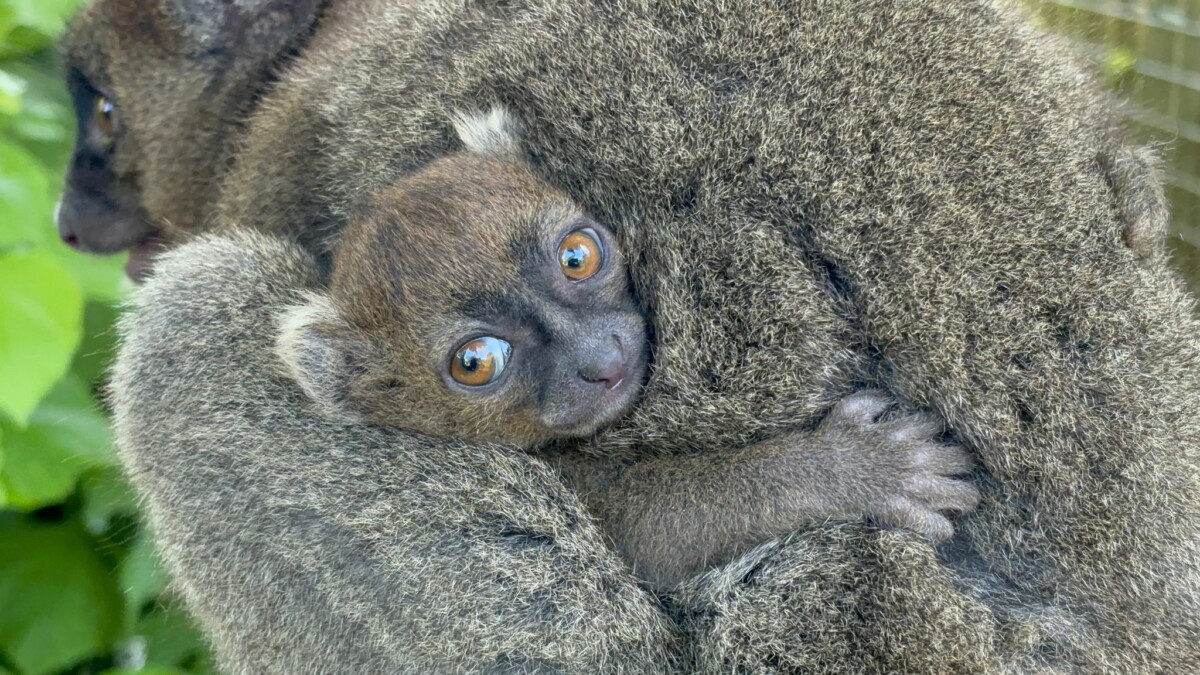
Watching this little primate was not just delightful but it was a reminder of the vital conservation work being done at the park. Remarkably, Cotswold Wildlife Park is one of only two zoos globally to have bred this species this year, and with just 36 individuals in captivity worldwide, each birth is a monumental achievement.
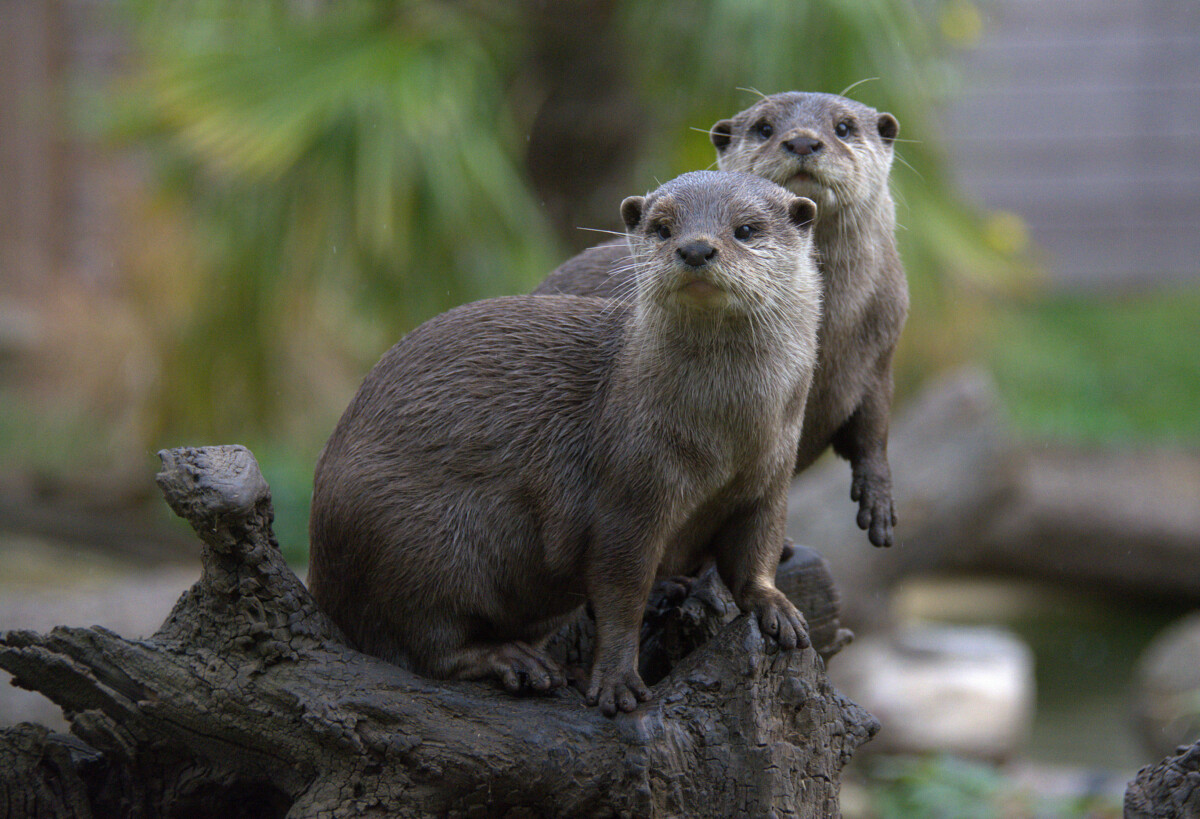
Cotswold Wildlife Park not only houses these captivating primates but also funds critical conservation initiatives in Madagascar, such as Helpsimus and Impact Madagascar. Their efforts have led to the protection of Greater Bamboo Lemurs, helping the wild population rebound from fewer than 100 individuals in 2008 to over 1,500 today. Such progress is astounding, particularly in the face of challenges like habitat destruction and climate change.
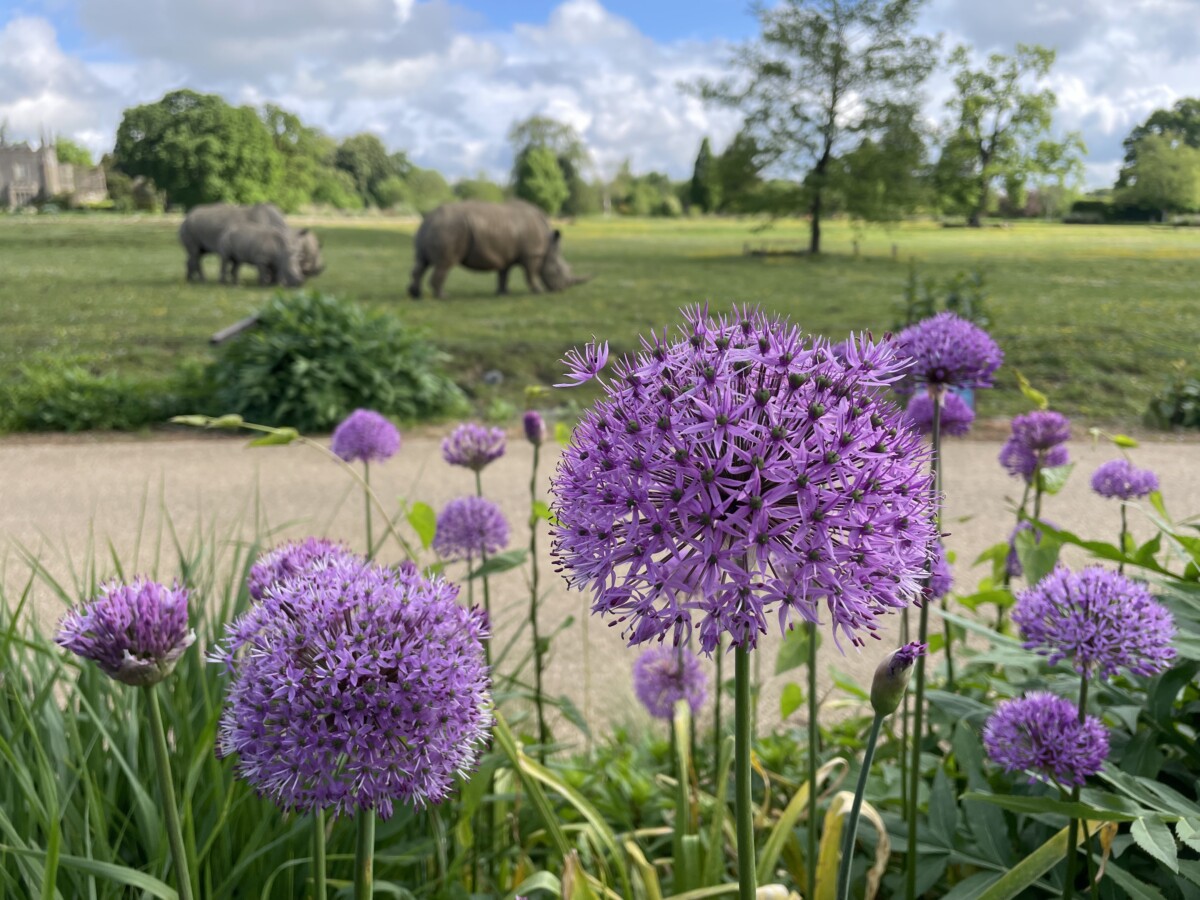
The park’s design allows visitors to engage with various species. I wandered through the lush pathways, encountering everything from majestic giraffes to African penguins.
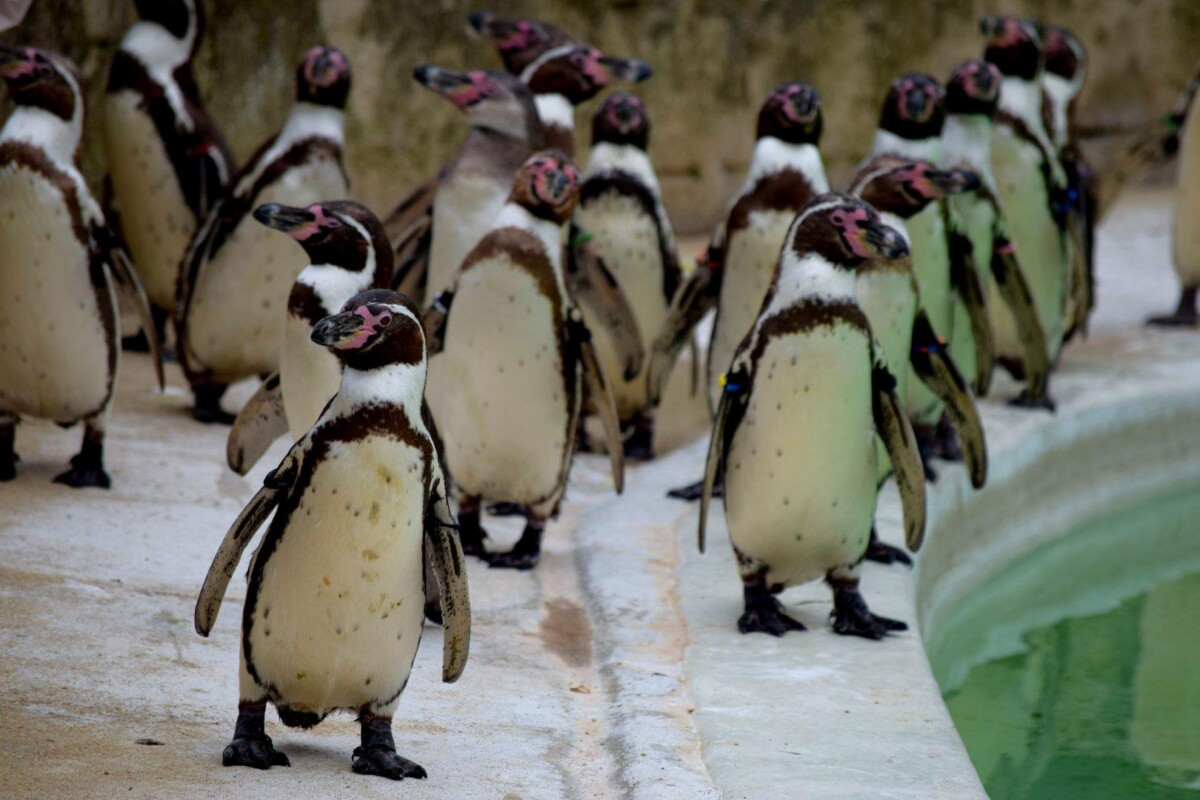
Each exhibit is thoughtfully curated to reflect the animals’ natural habitats, providing a sense of immersion that enhances the experience. Families will find the playful antics of the ring-tailed lemurs especially entertaining as they leap about, showcasing their social behaviour.
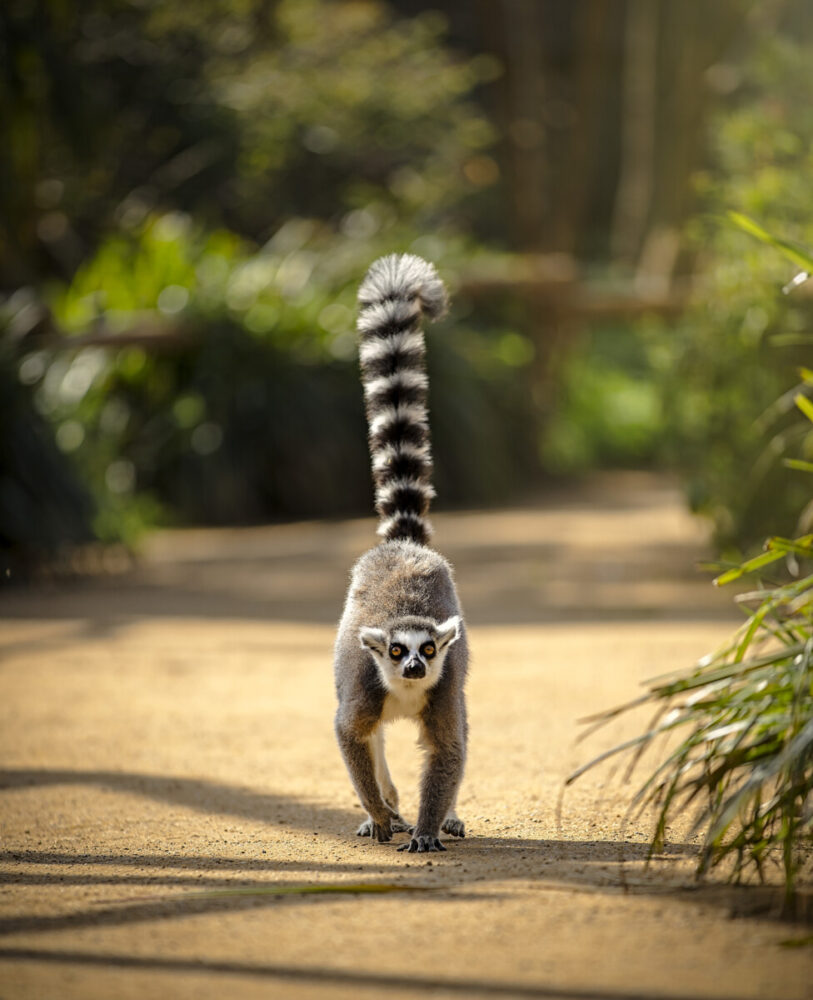
Another highlight of the day was the park’s commitment to education. Informational boards and enthusiastic staff share the significance of each species, particularly the plight of lemurs.
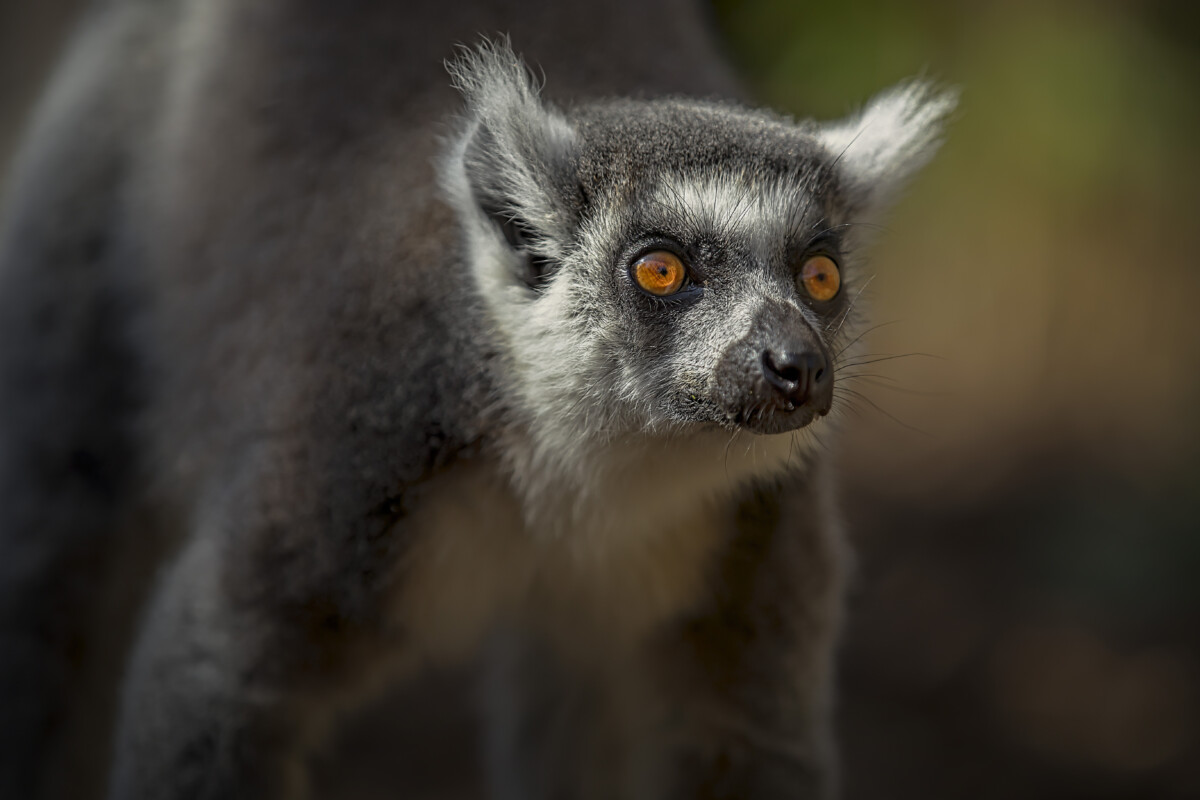
With 98% of lemur species threatened with extinction, the educational initiatives here are vital in raising awareness and fostering a sense of responsibility among visitors.

This year, in addition to the Greater Bamboo Lemur, Cotswold Wildlife Park has welcomed several other baby animals, including playful capuchin monkeys and the energetic meerkat pups, making it an ideal time for families to visit. Each newborn adds to the park’s vibrant ecosystem and serves as a beacon of hope for conservation.
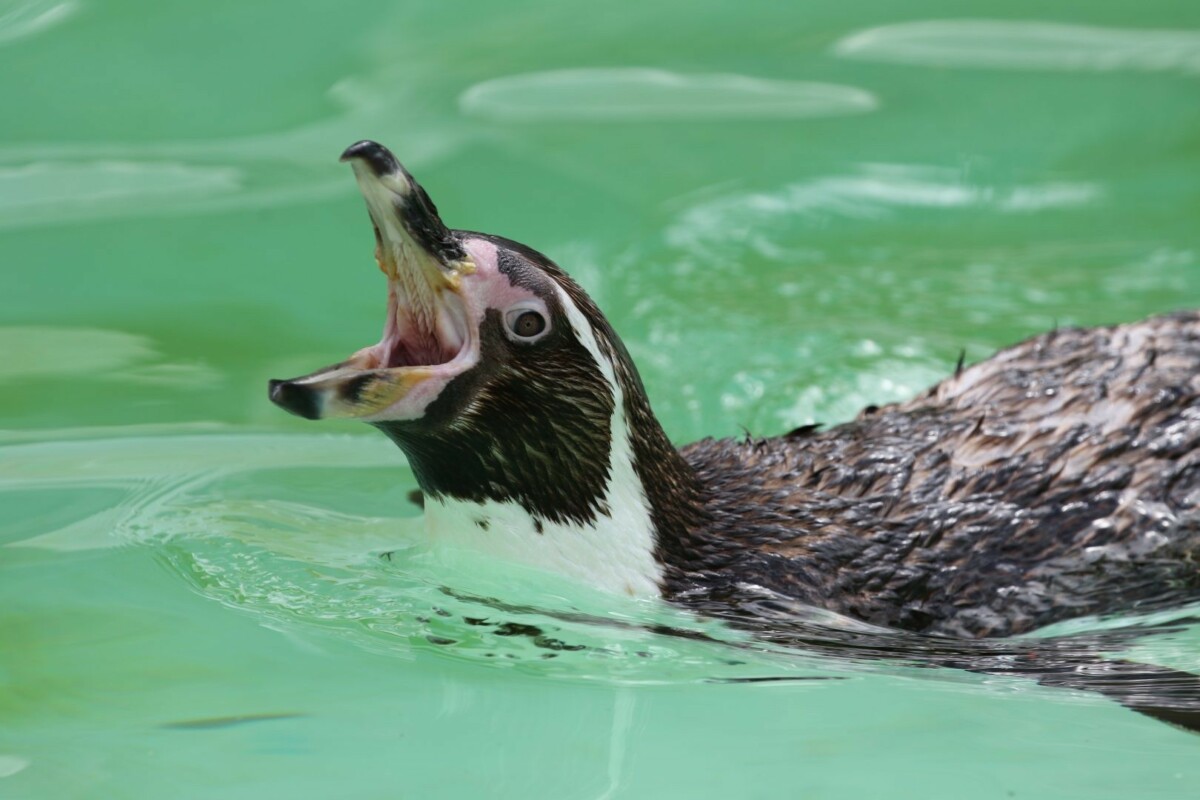
As my visit came to a close, I felt a profound sense of appreciation for the dedication displayed by the staff and volunteers. Their work is not merely about caring for animals; it’s about preserving endangered species and restoring their populations.
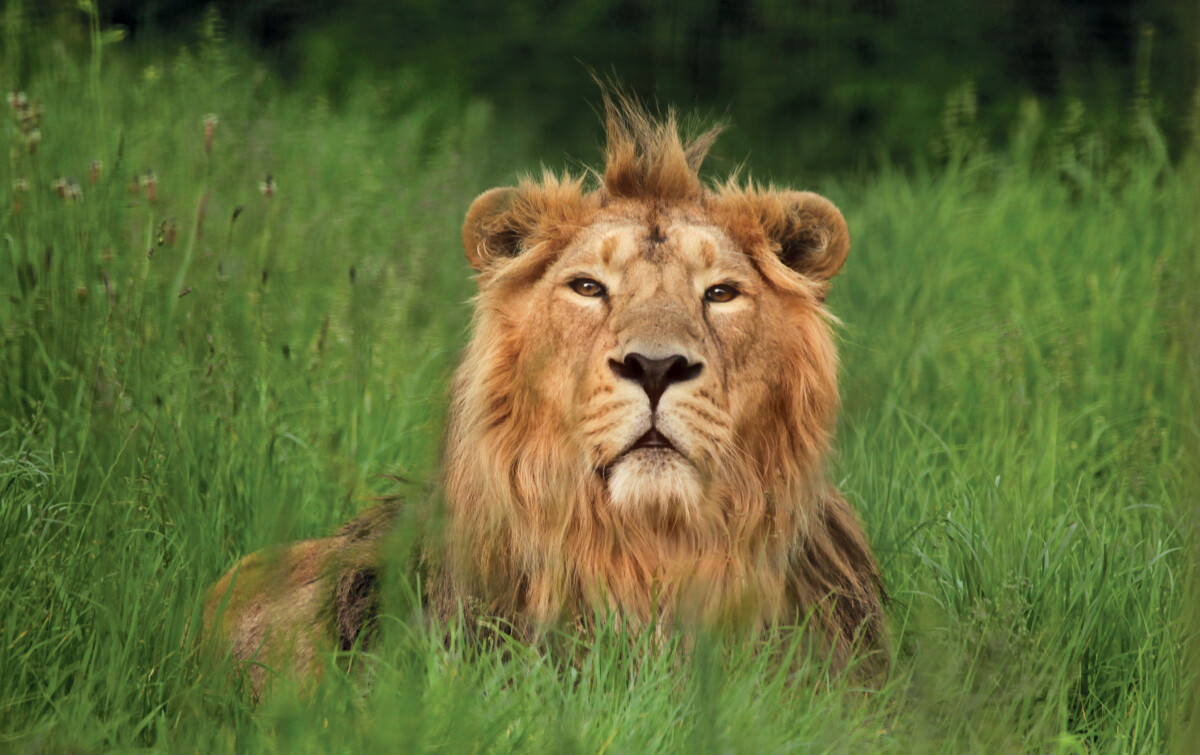
Cotswold Wildlife Park offers a perfect blend of family fun and serious conservation efforts. Whether you are admiring the adorable lemurs or learning about the various conservation projects, a day here is not just an outing; it’s a step towards a greater understanding of our planet’s wildlife. This park is a true testament to the impact of dedication and love for nature.
Cotswold Wildlife Park & Gardens
Bradwell Grove, Burford, Oxfordshire, OX18 4JP
01993 823006
www.cotswoldwildlifepark.co.uk

